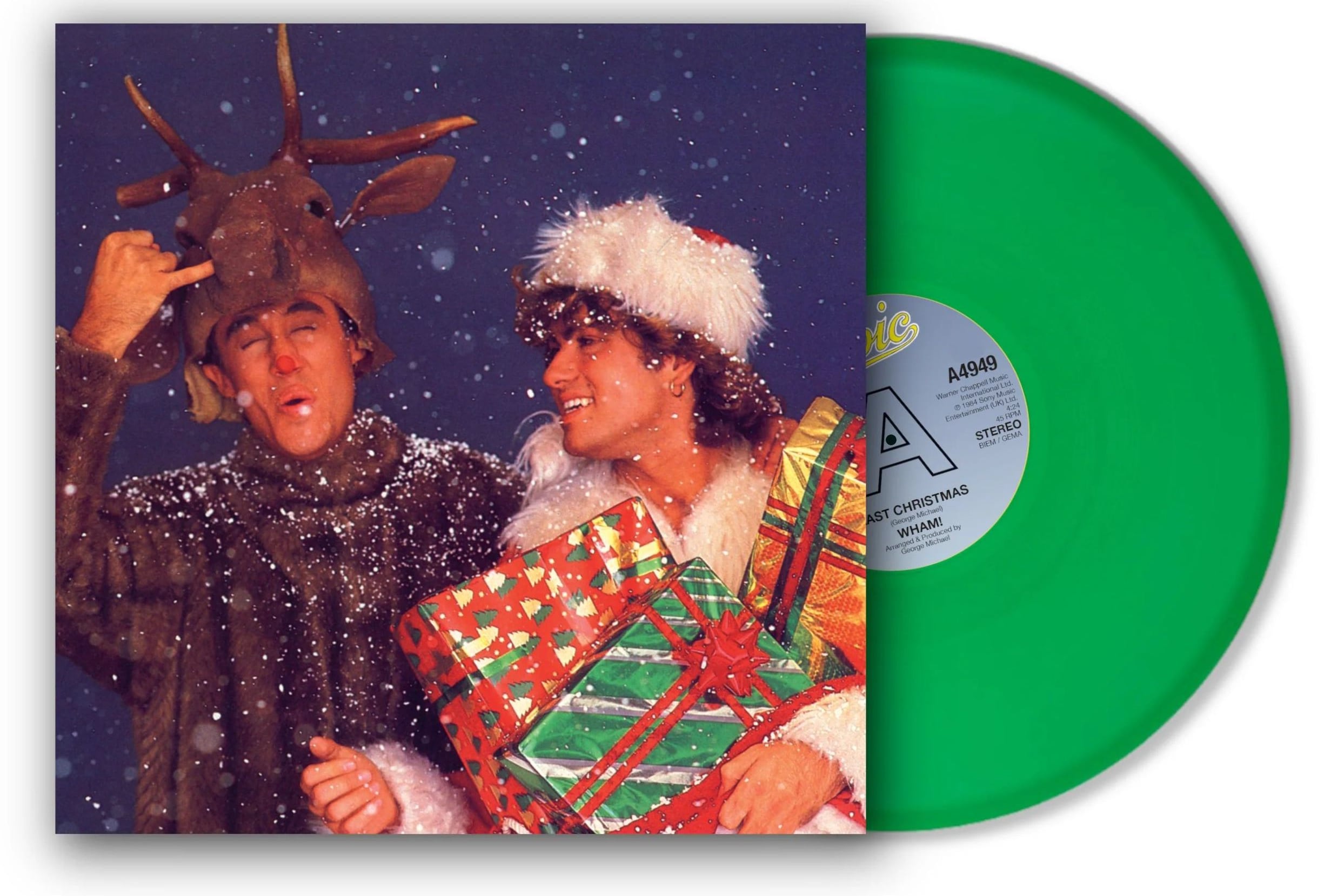Last year at Cannes attendees inclined towards moaning (mostly journalists) briefly put aside the punishing mandatory PCR schedule and the unwieldy queues lengthened by additional Covid-certification in order to gasp and marvel at Sharon Stone’s Dolce & Gabbana-designed 3D floral dress. This year, the Basic Instinct star has inched closer to her beatification as the official festival patron saint with another Dolce & Gabbana design, a frock that was revealed to be – drumroll – not just one dress but two. At 64, Stone is busy at the festival, making grey hair a thing, escorting two male models up the red carpet, rocking aviator glasses at the Elvis premiere, and inspiring younger generations. Deferential Bollywood star Aishwarya Rai Bachchan turned up at the Top Gun: Maverick with a tribute D&G gown – featuring real flowers.
It’s been a big week for the Presley family, even if the first half of Baz Lurhmann’s biopic is as unwatchable as the second half is compelling. Riley Keough, Elvis’s grandaughter and an actor who has put in dazzling shifts on Mad Max: Fury Road and It Comes At Night, made her directorial debut with the much-loved Native American drama, War Pony. Meanwhile, the premiere of Lurhmann’s film inspired impassable streets clogged with French tourists singing along to greatest hits while Elvis’s widow Priscilla sashayed down the red carpet. The same event brought the festival’s biggest wild ball gowns. The same fashion commentators who wondered why so many Oscar frocks looked like the wearers were headed for Tomangos – what with all the cutouts and whatnot – have finally learned that statement outfits were stashed for the Elvis event at Cannes, which was attended by such improbable random stars as Shakira, Casey Affleck, Kylie Minogue, and Conor McGregor and former Eurovision winners Måneskin.

There has been some muttering on the Croisette that this year’s official programme has produced solid, mid-table efforts from such name directors as Hirokazu Kore-eda, David Cronenberg, and Park Chan-Wook, without anyone delivering something that looked like a classic. Until now. The extraordinary second feature from Lukas Dhont, co-written with his Girl collaborator, Angelo Tijssens, concerns Leo and Remi, two wildly imaginative 13-year-old chums. The intimacy of the pair, who are introduced as galloping through the flower-growing region of Belgium during an idyllic, sun-drenched summer, is threatened by the suspicions of their peers. “Are you a couple?” asks a giggling group of schoolgirls at their new middle-school. Thus, a discombobulated Leo begins pushing his best friend away in a series of microagressions and negations that escalate into a terrible tragedy. The powerful current Palme d’Or favourite features terrific performances from youthful leads Eden Dambrine and Gustav De Waele, claustrophobic cinematography from Frank van den Eeden, weepie-worthy orchestrations from Valentin Hadjadj, and meaningful musings on how we hide behind small-talk, and internalise pain and gender norms. We have a winner, surely?

Taylor Swift was a no-show at boyfriend Joe Alwyn’s premiere and all we can say is: you dodged a bullet, love. By transporting Denis Johnson’s Nicaraguan Revolution novel to the current day, Denis’s film ends up stranded between periods and genres. Covid features prominently but fails to connect with the plot in any meaningful way. It’s a noir in blazing sunlight. It’s a sex drama with much nudity yet zero chemistry between the attractive leads (who, to be fair, are lumbered with a silly script). The late appearance of Benny Safdie as a CIA operative hints at the better film this might have been. Ditto for former wrestler Nick Romano’s Sub-Lieutenant. The plot, in which a mysterious English businessman (Alywyn) meets Qualley’s American prostitute-journalist – insert your own joke – is undone by bad timing, repetition, general disarray, and the framing of the female lead as Holly Golightly when she needs to be Lauren Bacall. Who’s doing what to who now? If the film doesn’t seem to know, why should we care?
READ MORE
AWARDS SEASON
The biggest prizes – Palme Dog, anyone? – will make headlines and fights over the next 24 hours. In the meantime, Cannes’s Critics’ Week have unveiled La Jauria, Aftersun (starring Paul Mescal) and Love According to Dalva as winners. The same sidebar unleashed the awesome Next Sohee. The second feature from June is the best South Korean film we’ve seen since Parasite. A marriage of broad comedy, biting social commentary, a Kafkaesque performance-table nightmare, dancing, and terrible tragedy, the premiere screening inspired two spontaneous outbursts from a delighted audience.

Weak priests make for good cinema, a tenet that has powered some of the best work from Dreyer, Bresson, and Schrader. Thus, Lucas (Elliott Crosset Hove), a Lutheran pastor, is sent by the Church of Denmark to establish a parish in Iceland at the turn-of-the-century. The perilous trek takes a physical and spiritual toll on the priest: “It’s not going as planned,” he says. ”I can’t go any further.” The character of Lucas, who is encouraged to take photographs by his superiors, was inspired by seven historic photographs taken by a Danish priest in the 19th century. His descent, however, into increasingly erratic behaviour among the natives owes more to Heart of Darkness. Pálmason and cinematographer Maria von Hausswolff incorporate photography into the film’s composition with striking Icelandic tableaux, eerie shots of posed subjects, and a boxy 4:3 aspect ratio. Lucas’ attraction to his host’s daughter (Vic Carmen Sonne) and his characterisation of local guide, Ragnar (Ingvar Sigurdsson) as subhuman coalesces into a shocking, visceral drama about religious colonialism. As with Close in the Official Competition, it’s difficult to see the jury overlooking Godland for Un Certain Regard.















